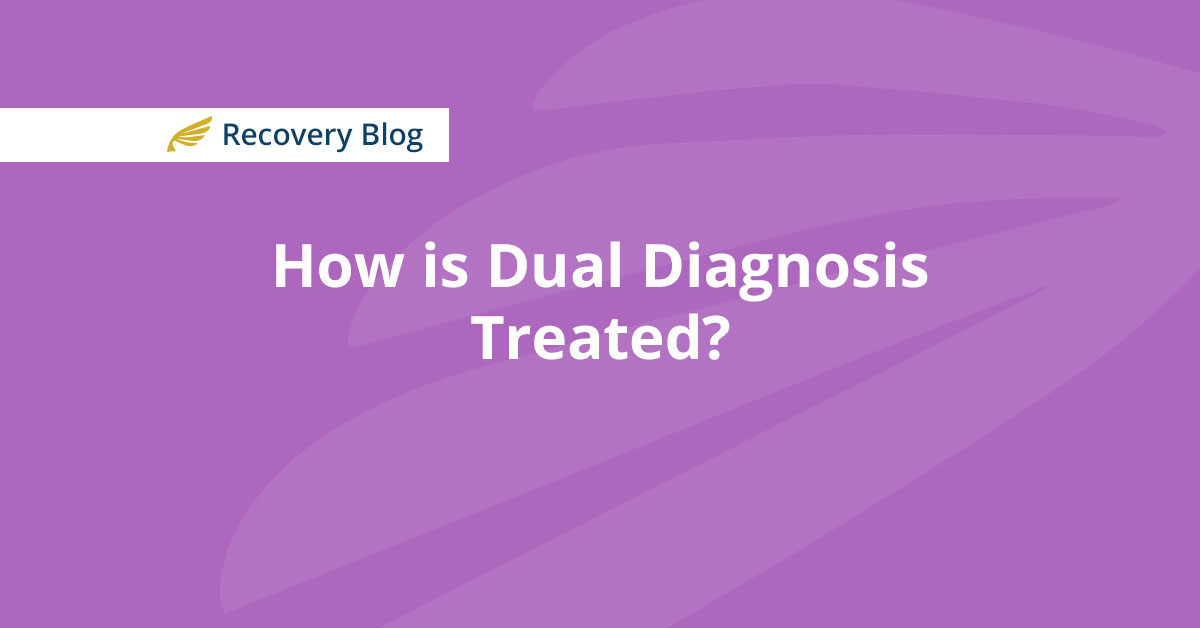Dating in Recovery
There is an unwritten rule against dating during addiction recovery. Recovery programs commonly...

Substance abuse typically occurs along with other mental disorders. The co-occurrence of two or more disorders complicates recovery as one can make the other worse. If conditions are not treated together, then recovery is unlikely.
The most common way to treat a dual diagnosis is to use an integrated intervention approach of treating both illnesses simultaneously.
It can be difficult to find an alcohol or drug treatment facility to treat both substance use and behavioral health issues. It may also be difficult to find a behavioral health treatment facility that will treat patients who are unable to stay sober.
It is important to treat both illnesses together since mixing medications with drugs or alcohol can be extremely harmful. It is also less likely that you will benefit from talk therapy if you are under the influence.

At Aquila Recovery, we use an integrated approach to treating both addiction and co-occurring disorders. Contact us to start your road to recovery with Aquila Recovery.
There is an unwritten rule against dating during addiction recovery. Recovery programs commonly...
Sometimes it can be really hard to change our behaviors. It can be even harder when there is a...
When a person that is close to you continues to abuse alcohol in the face of significant...